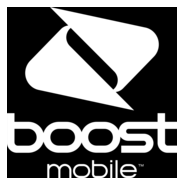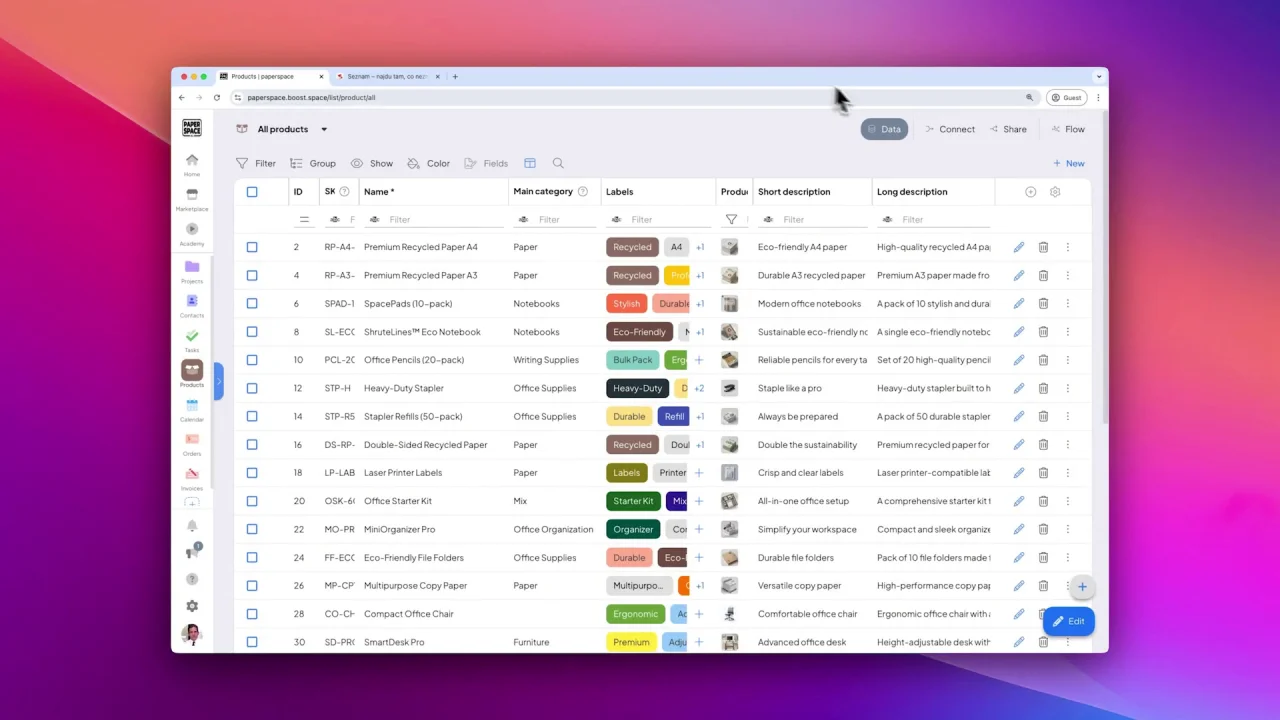
Boost 3.0: Complete Buyer's Guide
AI-powered site search solution for SMB and mid-market Shopify stores
Boost 3.0 is an AI-powered site search solution specifically engineered for SMB and mid-market Shopify stores seeking to transform product discovery without enterprise-level complexity or costs. The platform differentiates through transparent pricing, zero-code customization, and predictive bundling capabilities that address the core challenge of ineffective product discovery driving cart abandonment and low search conversion rates[41][48][52].
Market Position & Maturity
Market Standing
Boost 3.0 occupies a strategic middle-market position between basic Shopify search apps and enterprise-grade solutions like Algolia or Coveo, specifically targeting SMB retailers requiring AI capabilities without enterprise complexity[41][48].
Company Maturity
Company maturity indicators include a 4.7/5 rating across 1,566 Shopify reviews, demonstrating sustained customer satisfaction and platform stability[43][49].
Growth Trajectory
Growth trajectory evidence includes expanding market presence in apparel, sports, and home goods verticals, with documented customer success stories spanning multiple geographic markets[41][48][51].
Longevity Assessment
Long-term viability assessment indicates positive trajectory based on customer retention evidence and responsive support infrastructure. Vendor reports of improved support responsiveness following 2023 staffing expansions suggest operational investment in customer success[49][40].
Proof of Capabilities
Customer Evidence
Documented customer implementations provide measurable validation of Boost 3.0's effectiveness across diverse retail scenarios. Wines Direct achieved 3.4% conversion rates and generated €447,998.53 in revenue within one year of implementation, demonstrating sustained performance improvements[51]. MPHOnline documented 15% average order value growth and 12% higher conversions through AI-powered search and discovery features[51].
Quantified Outcomes
Performance metrics validation includes 40% reduction in null results for data-scarce product niches, directly addressing cart abandonment challenges that drive customer acquisition[52][40].
Market Validation
Market validation patterns show success concentration in apparel, sports, and home goods verticals, with 1.4× greater penetration than competitors in specific geographic markets[48][41].
AI Technology
Boost 3.0's AI architecture employs a hybrid AI-keyword approach that combines advanced synonym detection and typo tolerance capabilities with traditional keyword matching to optimize search relevance across diverse query types[45][52][40].
Architecture
The system's predictive bundling engine represents a key technical differentiator, utilizing machine learning algorithms to analyze customer behavior patterns and automatically generate strategic product groupings[37][44].
Primary Competitors
Primary competitors include Algolia for enterprise-grade search, Klevu for multilingual optimization, Fast Simon for visual discovery, and Coveo for complex B2B applications[41][48][5][14][27].
Competitive Advantages
Competitive advantages center on zero-code customization, predictive bundling capabilities, and cost predictability for SMB retailers[41][48][37]. The platform's 1.4× greater penetration than Klevu in Canada and Australia demonstrates market traction within target segments[48]. Responsive support with U.S.-based teams resolving issues in under 12 hours provides service differentiation[49][40].
Market Positioning
Market positioning fills the gap between basic Shopify search apps and enterprise solutions requiring significant technical resources. While Algolia targets enterprise clients with sophisticated capabilities and Klevu offers multilingual NLP, Boost 3.0 emphasizes plug-and-play deployment for SMB retailers[41][48][5].
Win/Loss Scenarios
Win/loss scenarios favor Boost 3.0 for SMB Shopify stores prioritizing bundling capabilities and cost-effectiveness over advanced features[43][49][37]. The platform loses against Fast Simon for visual discovery requirements, Coveo for B2B complexity, and Klevu for multilingual optimization needs[41][50][5][27].
Key Features

Pros & Cons
Use Cases
Integrations
Pricing
Featured In Articles
Comprehensive analysis of Site Search for Ecommerce for Ecommerce businesses and online retailers. Expert evaluation of features, pricing, and implementation.
How We Researched This Guide
About This Guide: This comprehensive analysis is based on extensive competitive intelligence and real-world implementation data from leading AI vendors. StayModern updates this guide quarterly to reflect market developments and vendor performance changes.
53+ verified sources per analysis including official documentation, customer reviews, analyst reports, and industry publications.
- • Vendor documentation & whitepapers
- • Customer testimonials & case studies
- • Third-party analyst assessments
- • Industry benchmarking reports
Standardized assessment framework across 8 key dimensions for objective comparison.
- • Technology capabilities & architecture
- • Market position & customer evidence
- • Implementation experience & support
- • Pricing value & competitive position
Research is refreshed every 90 days to capture market changes and new vendor capabilities.
- • New product releases & features
- • Market positioning changes
- • Customer feedback integration
- • Competitive landscape shifts
Every claim is source-linked with direct citations to original materials for verification.
- • Clickable citation links
- • Original source attribution
- • Date stamps for currency
- • Quality score validation
Analysis follows systematic research protocols with consistent evaluation frameworks.
- • Standardized assessment criteria
- • Multi-source verification process
- • Consistent evaluation methodology
- • Quality assurance protocols
Buyer-focused analysis with transparent methodology and factual accuracy commitment.
- • Objective comparative analysis
- • Transparent research methodology
- • Factual accuracy commitment
- • Continuous quality improvement
Quality Commitment: If you find any inaccuracies in our analysis on this page, please contact us at research@staymodern.ai. We're committed to maintaining the highest standards of research integrity and will investigate and correct any issues promptly.